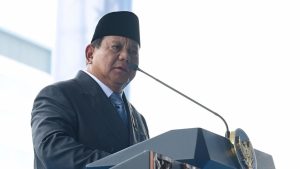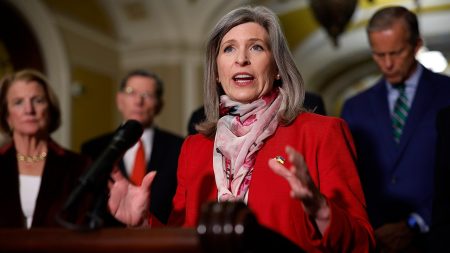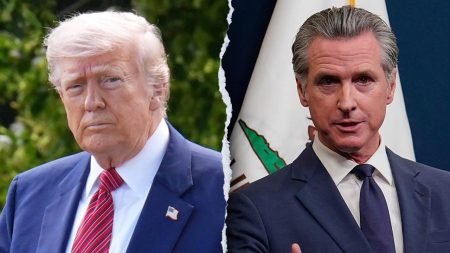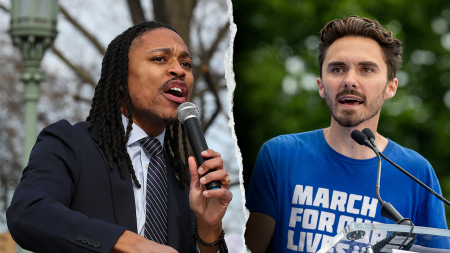President Biden’s potential use of his pardon power before leaving office has sparked significant debate, particularly due to the incoming Trump administration’s rhetoric regarding investigations and prosecutions of Biden allies and perceived political enemies. Several high-profile figures, including former Representative Liz Cheney, Representative Bennie Thompson, Dr. Anthony Fauci, New York Attorney General Letitia James, Manhattan District Attorney Alvin Bragg, Special Counsel Jack Smith, Fulton County District Attorney Fani Willis, Senator Adam Schiff, retired General Mark Milley, Hillary Clinton, and FBI Director Christopher Wray, find themselves entangled in this preemptive pardon discussion. The calls for these pardons stem from concerns that the incoming Trump administration will pursue politically motivated prosecutions against these individuals as retribution for their actions during Trump’s first term and subsequent legal battles.
The controversy surrounding potential pardons has intensified due to President-elect Trump’s public statements targeting individuals he deems responsible for investigating him and his administration. Trump’s rhetoric, which includes accusations of wrongdoing and calls for imprisonment, fuels concerns about the potential for politically motivated prosecutions. This has led some Democrats and legal experts to urge Biden to issue preemptive pardons to protect these individuals from what they perceive as potential abuse of power. However, the notion of preemptive pardons raises complex legal and ethical questions. Critics argue that such pardons could be seen as an obstruction of justice and undermine the rule of law. Furthermore, accepting a pardon could be interpreted as an admission of guilt, which some individuals may be unwilling to do.
Among those mentioned as potential pardon recipients are prominent figures who played key roles in investigations and legal proceedings related to Trump. Liz Cheney and Bennie Thompson, who served on the January 6th Committee, have been targeted by Trump for their involvement in the investigation of the Capitol attack. Dr. Anthony Fauci, who served as a key advisor during the COVID-19 pandemic, has faced criticism from Trump and his allies for his handling of the crisis. Letitia James and Alvin Bragg, who have pursued legal cases against Trump in New York, have also drawn his ire. Special Counsel Jack Smith, who oversaw the investigations into Trump’s handling of classified documents and alleged efforts to overturn the 2020 election, has been labeled “deranged” by Trump. Fani Willis, who is prosecuting Trump in Georgia for alleged election interference, has also been the target of his attacks.
Senator Adam Schiff, who led the first impeachment trial against Trump, has been a frequent target of Trump’s criticism. Retired General Mark Milley, who drew Trump’s condemnation after being quoted criticizing him in a book, is another figure mentioned in pardon discussions. Hillary Clinton, Trump’s 2016 opponent, faced chants of “lock her up” at Trump rallies, and some speculate she could be a target of investigation under a second Trump administration. FBI Director Christopher Wray, appointed by Trump but subsequently criticized by him, is also mentioned as a potential pardon recipient. The wide range of individuals considered for pardons underscores the deep political divisions and anxieties surrounding the transition of power.
The debate extends beyond these specific individuals to the broader question of presidential pardons and their potential for misuse. Critics argue that preemptive pardons could set a dangerous precedent, allowing presidents to shield allies from accountability and obstruct justice. They also raise concerns about the potential for pardons to be used as political tools, rewarding loyalty or punishing enemies. Proponents of preemptive pardons, however, argue that they are necessary to protect individuals from politically motivated prosecutions and ensure fairness in the justice system. They contend that in the face of potential abuse of power, preemptive pardons can serve as a safeguard against politically motivated investigations and prosecutions.
The discussion about potential pardons also highlights the ongoing legal battles facing Trump and the potential for renewed investigations under his second administration. The various investigations and indictments against Trump, including those related to the January 6th attack, his handling of classified documents, and his business dealings, continue to cast a shadow over his presidency. While some of these cases have been resolved, others remain open, and the prospect of further legal action looms large. This raises concerns about the fairness and impartiality of the justice system under a Trump administration and whether investigations will be pursued for legitimate law enforcement purposes or as political retribution. The potential use of presidential pardons adds another layer of complexity to this already contentious landscape.










